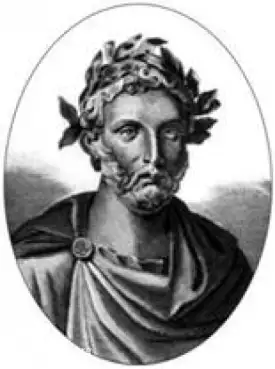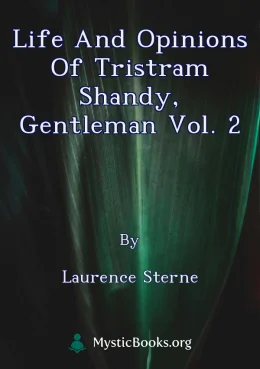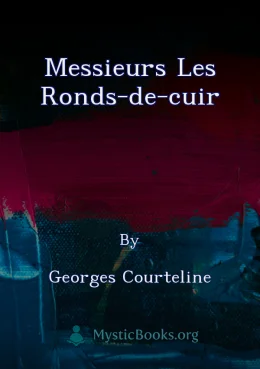
Aulularia; or, The Concealed Treasure
'Aulularia; or, The Concealed Treasure' Summary
"Aulularia; or, The Concealed Treasure" is a play written by the ancient Roman playwright Titus Maccius Plautus. It tells the story of Euclio, a miserly old man who discovers a large pot of gold in his backyard. Euclio is so paranoid about anyone finding out about his newfound wealth that he decides to hide the pot in his house, which leads to a series of hilarious mishaps and misunderstandings.
The play was written in the 2nd century BC and is considered one of Plautus' most famous works. It is a comedy that satirizes the greed and hypocrisy of ancient Roman society. Through Euclio's character, Plautus comments on the corrupting influence of wealth and the lengths to which people will go to keep their riches.
In addition to its comedic value, "Aulularia" is also an important piece of literature for its historical significance. It provides insight into the social and economic structures of ancient Rome, particularly with regard to the treatment of wealth and class. The play also highlights the use of the Latin language and its influence on subsequent European languages.
Overall, "Aulularia; or, The Concealed Treasure" is an entertaining and insightful piece of literature that has withstood the test of time. Its message about the dangers of greed and materialism continues to be relevant today.
Book Details
Authors

Titus Maccius Plautus
Roman
Titus Maccius Plautus commonly known as Plautus, was a Roman playwright of the Old Latin period. His comedies are the earliest Latin literary works to have survived in their entirety. He wrote Palliat...
Books by Titus Maccius PlautusDownload eBooks
Listen/Download Audiobook
- Select Speed
Related books

Life and Opinions of Tristram Shandy, Gentleman Vol. 2 by Laurence Sterne
Tristram Shandy, a satirical novel by Laurence Sterne, is known for its unconventional and digressive narrative style. It follows the life and opinion...

There is a Tide by John Collis Snaith
A young woman from a pig farm in Iowa, Mame Durrance, inherits money from her aunt and sets off to pursue her dream of becoming a journalist. After a...

Behind the Beyond by Stephen Leacock
Behind the Beyond is a delightful collection of humorous anecdotes and a parody on Problem Plays by renowned Canadian humourist Stephen Leacock. This...

heilige Bürokrazius by Rudolf Greinz
The book tells the story of the titular "Heilige Bürokrazius" (Holy Bureaucracy), a legendary figure who embodies the absurdity and often comical natu...

Buttered Side Down by Edna Ferber
In "Buttered Side Down", Edna Ferber explores the complexities of ambition, social climbing, and the often-contradictory nature of love and marriage....

Amor por Anexins by Artur de Azevedo
Amor por Anexins é uma peça de teatro em um ato escrita por Artur Azevedo em 1872. É considerada sua primeira peça e teve grande sucesso, sendo encena...

Cynthia's Revels, or The Fountain of Self-Love by Ben Jonson
Ben Jonson's "Cynthia's Revels" is a satirical comedy, a masque presented at court in 1600. The play follows a group of young men who, inspired by the...

Pirates Of Penzance; Or The Slave Of Duty by W. S. Gilbert
The Pirates of Penzance, or The Slave of Duty is a comic opera written by W.S. Gilbert and composed by Arthur Sullivan. The story follows Frederic, a...

Cinderella by George Calderon
George Calderon's 'Cinderella' is a satirical play that reimagines the classic fairy tale through the lens of Henrik Ibsen's dramatic works. Set in a...

Messieurs les ronds-de-cuir by Georges Courteline
Messieurs les ronds-de-cuir, de Georges Courteline, parut, pour la première fois, en feuilleton, dans l'Echo de Paris, au cours des années 1891-1892....
Reviews for Aulularia; or, The Concealed Treasure
No reviews posted or approved, yet...